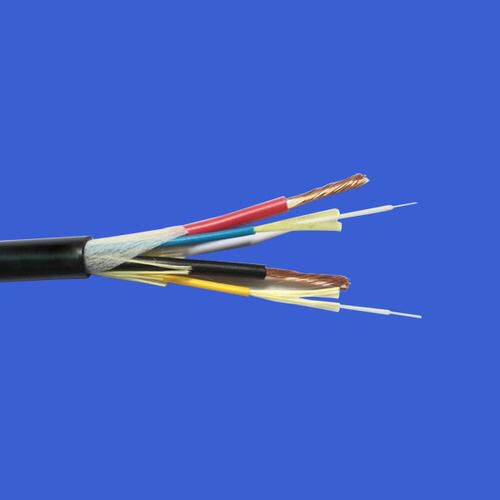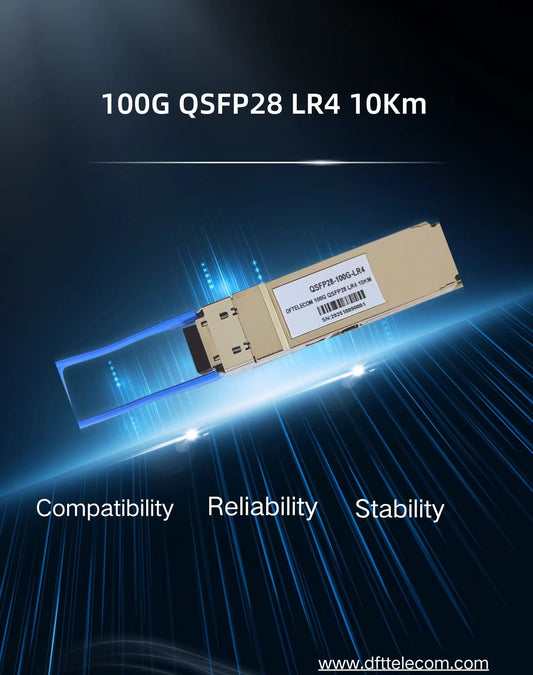Selecting the right optical module is crucial for ensuring optimal performance, reliability, and cost-effectiveness in your network infrastructure. Here are the key factors to consider when choosing an optical module for a specific network application:
1. Bandwidth Requirements
The first and foremost factor is the bandwidth requirement of your network. Optical modules come in various bandwidths, such as 10Gbps, 25Gbps, 40Gbps, 100Gbps, and beyond. Ensure that the module you select supports the required data transfer rate for your application.
2. Transmission Distance
Another critical factor is the transmission distance. Optical modules are designed for different distances, ranging from short-range (up to 100 meters) to long-range (several kilometers). Choose a module that matches the distance between your network devices.
3. Compatibility
Compatibility with your existing network equipment is essential. Check the specifications of both the optical module and the network device to ensure they are compatible in terms of interface type, protocol, and physical dimensions.

4. Environmental Conditions
Consider the environmental conditions where the optical module will be deployed. Factors such as temperature, humidity, and vibration can affect the performance and reliability of the module. Some modules are designed for industrial-grade environments, offering better resilience to harsh conditions.
5. Power Consumption
Power consumption is a significant consideration, especially in large-scale deployments. Look for energy-efficient optical modules that consume less power without compromising performance.
6. Cost
While cost should not be the sole determining factor, it is essential to balance the cost of the optical module with its performance and reliability. Higher-priced modules may offer better features and longer lifespans, which can lead to cost savings in the long run.
7. Vendor Support and Warranty
Choose a reputable vendor that offers reliable support and a good warranty period. This ensures that you have access to technical assistance and replacement parts if needed.
8. Future-Proofing
Consider the future growth of your network. Selecting an optical module with higher capacity and scalability options can help you accommodate future network upgrades without the need for immediate replacements.
9. Certifications
Ensure that the optical module meets industry standards and certifications. Certifications such as RoHS, CE, and FCC ensure that the module complies with safety and environmental regulations.
10. Manufacturer Reputation
Research the manufacturer's reputation in the industry. A reputable manufacturer is more likely to produce high-quality, reliable optical modules that meet your specific network application requirements.
By carefully considering these factors, you can select an optical module that not only meets your current network needs but also provides a solid foundation for future growth and scalability.
At DFT, we understand the importance of selecting the right optical module for your network application. Our range of optical modules, including the 200G QSFP56,400G OSFP112 SR4 ,800G OSFP112 SR8,is designed to meet the highest standards of performance, reliability, and compatibility. Contact us today to learn more about how we can help you select the perfect optical module for your specific needs.
Feel free to reach out to us at www.dfttelecom.com for further assistance or to discuss your specific requirements in more detail.






